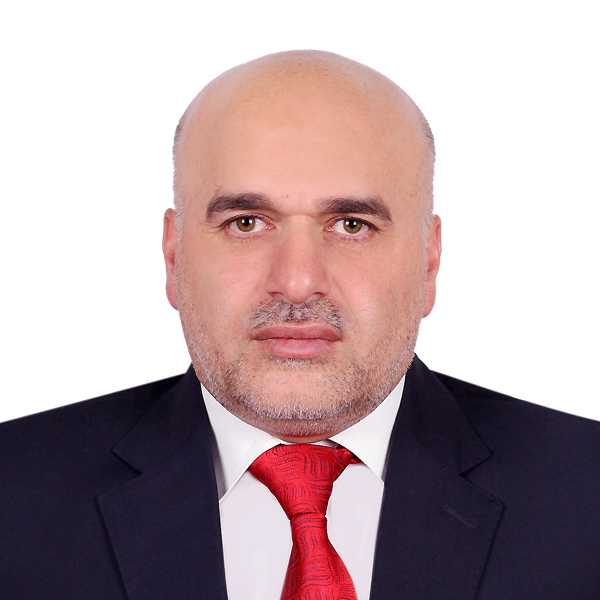SE003
The 11st AAAH Webinar Series 2020 “Addressing Health Care Workers’ Challenges in Response to COVID-19: sharing experiences and drawing countries’ lessons”
28
Aug
ORGANIZER
- The Asia Pacific Action Alliance on Human Resources for Health (AAAH)
- World Health Organization South East Asia Region Office (WHO SEARO)
- United States Agency for International Development (USAID)
- Japan International Cooperation Agency (JICA)
Webinar 1: Mobilizing surge capacity of health care workers in response to COVID-19 pandemic
Episode 3 Sustaining non-COVID-19 essential health services and maintaining quality of care (such as non-communicable diseases, accident and emergencies, and other medical urgencies) by HCWs in the context of COVID-19 response
The pandemic has disrupted service delivery and diverted HRH to provide COVID-19-related services. However, essential services and non-COVID services (e.g. NCDs, urgent care, emergencies) still need to be sustained as we are seeing foregone care, resulting in a decrease in demand for essential services. This session will demonstrate how countries can optimize their health workforce to maintain high-quality essential service coverage and either return coverage levels back to baseline. The following three questions will guide the discussion:
How has demand for essential services changed as a result of COVID-19 and how are countries mobilizing HRH to respond in primary care settings? In LMICS looking to make progress on the SDGs and UHC, the government’s role is to ensure access to quality, affordable essential services. In order to ensure continuity of care, how are countries adapting their HRH models in primary care settings? How has the private sector been engaged? What is the role of the pharmacist in sustaining essential service coverage? Pharmacists are often the first touch point with the health system and they are critical in the fight against COVID-19. Has their role changed, or expanded after COVID-19 to ensure essential service coverage? Have they been involved in helping their communities adapt to a new normal of care-seeking behavior and engagement with the system, especially for accessing medical products and referrals? How are countries using innovative mobile technologies to empower pharmacy professionals to protect themselves and their patients during this pandemic? How are countries utilizing human resource information systems (HRIS) to optimize their health workforce (e.g. planning, recruiting, deploying) for non-COVID services (including emergencies, NCDs etc.) and inform decision-making? Information and data is key for decision-making to help manage the health workforce at the central and subnational level as it relates to ensuring the appropriate distribution and deployment of qualified health workers fit-for-purpose (with the necessary skill mix and competencies). How are private providers being engaged and incorporated into national HRH planning?
*The Webinar is presented in association with PMAC 2021 the conference on COVID-19 Advancing Towards an Equitable and Healthy World
- Provide data and information on essential service coverage before and during COVID-19
- Learn how countries are adapting their primary care delivery models to ensure health workers provide continuity of care for essential services
- Compare lessons learned across multiple countries about the role of the pharmacists in sustaining essential service coverage and how mobile technologies are being used to empower them
- Examine how countries are utilizing their HRIS systems to manage and optimize their workforce to respond to the demand for non-COVID services
- Determine how to engage private sector providers to decrease essential service coverage gaps
- Provide recommendations to other countries based on country cases/experiences







